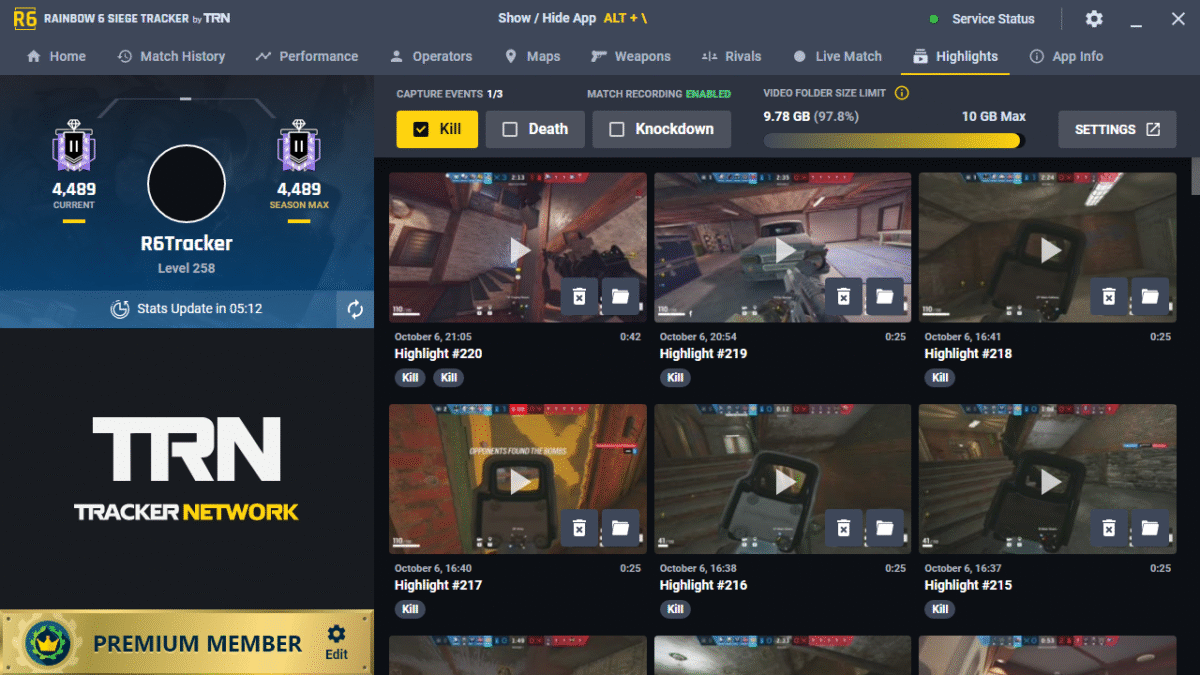Chess is not only a game, it is a great instrument in enhancing mental sharpness, attention, and strategy. The structured instruction of chess classes also gives the students an opportunity to learn the deeper concepts of the game beyond casual play. Professional coaching adjusts to even growth, be it the beginner who is learning the game or the professional who is practicing his strategies. Classes also give the students discipline, patience, and decision-making skills, which they can use beyond the classroom. The guided learning style allows students to learn systematically, prevent error points, and build confidence per lesson. Moreover, beginner chess lessons also enable interaction with other players, leading to healthy competition and development. In the busy modern world, with mental agility being a key element, chess lessons are among the best forms of developing intellectual muscle and life-enhancement skills. There are several important reasons to learn chess by taking chess classes, like:
- Develops Strategic Thinking: The most important benefit of chess lessons is that they help to develop strategic thinking. Teachers rehearse students on the principles of opening, middle game, and endgame tricks, so that students can think many steps ahead before they can play. Such proactive thinking gives rise to patience, vision, and anticipation of an opponent’s moves. In the course of time, you learn to balance risks and rewards and make reasonable choices. The attitude is not limited to chessboard to academics, career planning, and normal problem-solving. Training directly with a professional coach will provide steady improvement as opposed to trial and error on the field during informal play.
- Enhances Memory and Concentration: Chess is referred to as the gymnasium of the mind since it builds memory and focus. Classes introduce students to multiple opening sequences, tactical motifs, and familiar game patterns that need to be memorized and used. The short-term and long-term memory are enhanced by memorising and practicing these positions. Moreover, the playing of chess demands full concentration as one moment may cost one the game. Coaches assist students in building long-term attentiveness patterns through close game analysis and step-by-step moves as they review games. Regular training is a way to increase the concentration span of learners, and it enhances studying, examinations, and work that mentally stimulates our mind.
- Boosts Problem-Solving Skills: Chess is nothing more than a sequence of puzzles. Each step is a dilemma that has several possible solutions, with only one or two being successful. During the classes, students are given tactical problems like forks, pins, and combinations of checkmates. Coaches prompt students to consider alternatives, compute variations, and select the most favorable answer. Such a procedure enhances the ability of the students to solve logical problems, and the process teaches them to be calm under pressure. In contrast to guessing, chess lessons are based on organized approaches to evaluation, which enhance critical thinking. The lessons develop the ability to use systematic problem-solving, using things like mathematics in the real world, like career options.
- Encourages Patience and Discipline: Chess requires patience, persistence, and discipline. In contrast to the fast-paced video games, chess requires one to consider and plan in the long run. In formal and organized classes, the students are made to value calculating rather than acting on impulse. This will help in controlling emotions and the discipline needed to sit for longer hours without distraction. The teachers also issue regular practice-related assignments to make sure that learners learn continuously. Through this discipline, the students understand how to persevere in order to realize their dreams. The attributes are transferable beyond the game to build good studying habits, office discipline, and the ability to withstand life challenges, personal and professional.
- Improves Emotional Intelligence: Chess is a game of intellect, although it challenges the emotional state as well. Losing and winning repeatedly teach one humility, perseverance, and sportsmanship. Lessons on chess teach students to learn to take both wins and losses well and live to learn and improve. Coaches also learn to stay composed under pressure, which is valuable in life. By noting how they make decisions and by competing against opponents of varying strength, students build self-awareness over time. This emotional growth aids learners to be better communicators and team players in other fields. The emotional intelligence acquired through organized chess training enhances self-confidence, tolerance, and coping with stress positively.
- Builds Academic and Career Skills: Chess has been associated with improved academic outcomes, especially in math, reading comprehension, and logical thinking. In class, students are taught how to compute sequences, analyze results, and organize arguments, which are beneficial in their schoolwork. This is translated into the betterment of grades and critical thinking in children. The lessons enable adults to improve their job skills such as project planning, decision making, and leadership. Chess can also render a person tough, and that is what counts most in dealing with challenges in life, both at work and in school. With the help of formal education, students will be able to transcend recreational play and turn chess into an educational tool to support the present and future employment opportunities.
In conclusion, chess classes are a good investment in intellectual and personal development. The orderly training helps learners of any age to develop stronger abilities in memory, concentration, and logical thinking. Students are taught not only tricks and techniques under the guidance of seasoned instructors but also the value of life skills like patience, problem-solving, and decision-making in tough situations.Interestingly, even digital platforms such as Toca Boca mod apk highlight how structured yet playful learning can shape creativity and problem-solving in children. Just like Toca Boca encourages imagination and exploration in a safe digital space, chess provides a structured environment for building discipline and strategic thinking.The right place to start is to join a good chess academy to achieve one’s full potential, both on and off the chessboard. Chess lessons provide an encouraging environment where learners can grow steadily, compete positively, and develop confidence in their abilities. Chess education, much like creative games, has long-term effects that are academic, personal, and even competitive—and it can evolve into a lifelong hobby.


